THE MANY FACES OF
BIBLICAL HUMOR
A Compendium of the
Most Delightful, Romantic, Humorous,
Ironic, Sarcastic, or Pathetically Funny
Stories and Statements in Scripture
Revised Edition
David A. Peters, Ph.D.

Copyright 2008 by
Hamilton Books
4501 Forbes Boulevard
Suite 200
Lanham, Maryland 20706
Hamilton Books Acquisitions Department (301) 459-3366
Estover Road
Plymouth PL6 7PY
United Kingdom
All rights reserved
Printed in the United States of America
British Library Cataloging in Publication Information Available
Library of Congress Control Number: 2007938258
ISBN-13: 978-0-7618-3958-3 (paperback : alk. paper)
ISBN-10: 0-7618-3958-5 (paperback : alk. paper)
 The paper used in this publication meets the minimum requirements of American National Standard for Information SciencesPermanence of Paper for Printed Library Materials, ANSI Z39.481984
The paper used in this publication meets the minimum requirements of American National Standard for Information SciencesPermanence of Paper for Printed Library Materials, ANSI Z39.481984
To Deborah, who taught me to laugh again.
Contents
Preface
The Bible is the greatest book ever written. It is filled with history, theology, drama, passion, and humor. As I read the Bible every year, I usually choose some area of focus and make notes or mark verses about that subject. In 2003, I concentrated on humorous passages in Scripture by highlighting each one that I came upon. By the end of the year, I had counted over 1,000 of these humorous lines and stories! Not all were what you might call ha-ha funny, but each brought a smile to my heart. They included the delightful, the romantic, the humorous, the ironic, the sarcastic, and the pathetically funny actions and statements of our favorite Bible characters. This appreciation of the humor in the Bible did so much to increase my own understanding and enjoyment of Scripture, that I was compelled to share my delight with others.
In researching what has been said on humor in the Bible, I discovered (to my chagrin) that many books have been written poking fun at the Bible. These works seem to think that Bible stories and Bible concepts appear humorous in light of the culture of today. For example, The Prostitute in the Family Tree by Douglas E. Adams (Westminster John Knox Press, 1997) espouses it funny that Jesus had a prostitute in his genealogy (Rahab)like a dirty family secret. Another book, On Humor and the Comic in the Hebrew Bible by Radday and Brenner (Almond Press, 1990), mentions as humorous the story of two bears that killed some children who were throwing rocks at Elisha and calling him old baldy. To that author, the seeming incongruity of a God who would maul little children seems funny. (Actually, that is not what that story depicts; nor is it why the story is funny, as you will see later in this book.) These are just two examples of people making jokes at the expense of Scripture. That is not my intent here. What I mean to emphasize in this book are the cases in which the Bible intends to be either funny, ironic, or sarcastic in order to make its point more strongly.
Amazingly, there are people who believe that there is absolutely no humor in the Bible at all. For example, one author writes,
The Bible contains every form of literature in the highest degree, except humour. The seriousness of the main theme mans relationship to God and the serious cast of mind characteristic of the various writers, forbade the introduction of anything approaching hilarity. (W. L. Phelps, Reading of the Bible, New York, 1919, p. 21)
Well, I think that Mr. Phelps comment is hilarious in itself! I cannot imagine anyone reading the Bible through and not seeing its intentional humor. Fortunately, there are a few books available that do speak to the intentional humor in Scripture. For example, John Bullard in his thesis, Biblical Humor: Its Nature and Function (Ph.D. Dissertation, Yale, 1961), does an excellent job of looking at humor in the Bible in just this way, and from a scholarly point of view. His introduction states,
The purpose of this present study, therefore, is to investigate the whole corpus of biblical literature with a view to establishing a clear definition of that brand of humor which may be termed peculiarly or distinctively biblical . (Bullard, p. 6)
Bullards thesis does an excellent job of finding and explaining that humor, and I am indebted to him. This, of course, brings us to the definition of what exactly is humorous or delightful. Again, we quote from Bullard.
The source of all humor is the violation of laws of preparation and inner congruity. One expects in his mind an obvious and fitting sequel to what has gone before, but is surprised at finding something quite different. (Bullard, pp. 25-26)
Thus, we sometimes find it funny (and pathetic) to see that Gods people, when confronted with the awesome truth of His commandments, often turn around and do exactly the opposite of what He asked. It is not ha-ha funny that they do this; but it is incongruous and, therefore, pathetically humorous.
Similarly, the use of irony by Jesus is humorous as he pokes fun at the hypocritical leaders of his day. Elton Trueblood, in The Humor of Christ, gives an excellent treatise on how Jesus used irony in his parables and in his teachings in order to make the message more clear to his listeners. He writes concerning the humor of Christ:
We are so sure that He [Jesus] was always deadly serious that we often twist his words in order to try to make them conform to our preconceived mold. A misguided piety has made us fear that acceptance of his obvious wit and humor would somehow be mildly blasphemous or sacrilegious. (Elton Trueblood, The Humor of Christ, Harper and Row, New York, 1964, p. 15)
I agree wholeheartedly. If God created us with a sense of humor, then certainly God (and His Messiah) must have a sense of humor, too. The Bible is full of wit and wonder which was intentionally placed there to help us understand God and His requirements. This is the type of Biblical humor I am exposing in this book. As for Bible translations, I think that both The Complete Jewish Bible, by David Stern, and The Living Bible are translations that do marvelously at bringing out this humor, as I see it. I recommend them to anyone who is interested in Biblical humor. Both translations helped me greatly.
Here, I have broadened the scopefrom that of Bullard or Truebloodto include everything that I found to be humorous or delightful in Scripture. This encompasses a broad spectrum of humor, romance, metaphor, and wonderas well as a good deal of irony and sarcasm. Thus, the present work is (in one sense) a complete book of Biblical humora treasury of witty and wonderful stories and sayings from Scripture.
However, in writing the book, it became more and more obvious to me that most of the humorous lines in the Bible are delightful because of their context. Thus, the work developed into being more a book of stories than it is a book of one-liners. Furthermore, as the stories began to take shape, it became apparent that they are all tied together in broader themes that unite them into a Biblical continuum of humor. Consequently, the final structure of the book is more nearly a rendering of the entire flow of the Bible (with an accent on the humorous) than it is a collection of isolated humorous passages.
Therefore, the book can be approached and enjoyed in several different ways. First, it can be devoured in isolated bits of humor (on any random page) as delightful, devotional thoughts. Second, it can be read from start to finishrevealing a continuity of development of the Biblical message and Biblical humor. It is the Bible story with a humorous slant. Third, one can use the book as a Bible commentary. It is laid out in the same order as the Bible (from Genesis to Revelation) so that one could read it through and glean insights into Scripture. Fourth, the manuscript can be considered a reference book on Biblical humor. One could look up a particular passage of interest and study the use of humor therein for application either in a sermon, a Sunday School lesson, or a personal study. The index at the end will help a student locate any passage of interest. Please use the book however it gives you the most pleasure. It is my hope that the reader will come away with a better appreciation of humor in Scripture and a new insight into the meaning of certain passages.


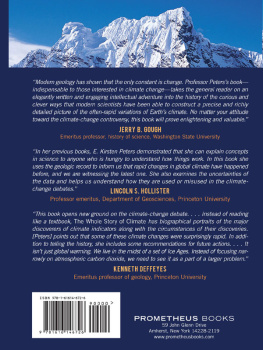
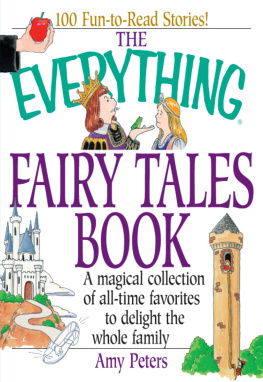
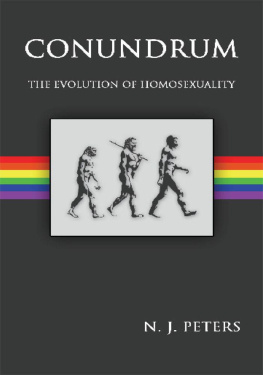



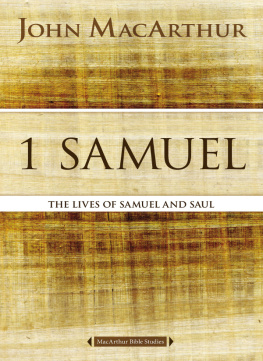
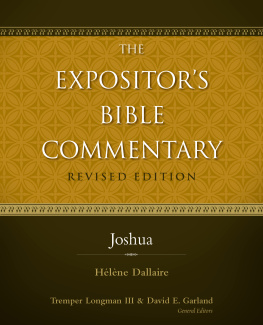

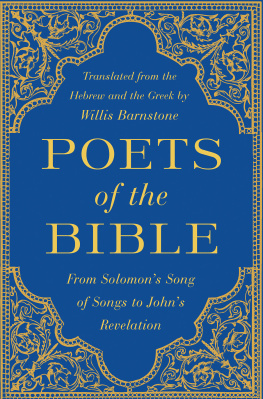
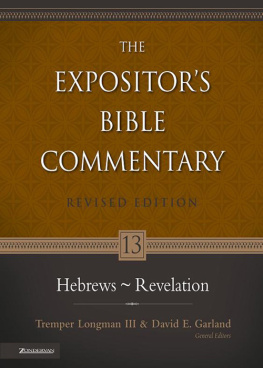
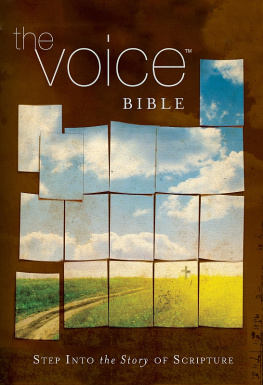
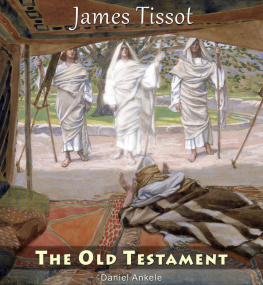
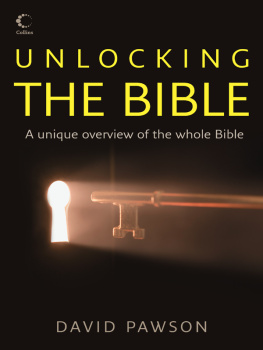
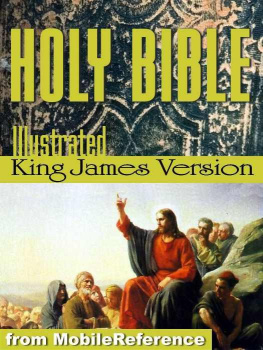

 The paper used in this publication meets the minimum requirements of American National Standard for Information SciencesPermanence of Paper for Printed Library Materials, ANSI Z39.481984
The paper used in this publication meets the minimum requirements of American National Standard for Information SciencesPermanence of Paper for Printed Library Materials, ANSI Z39.481984